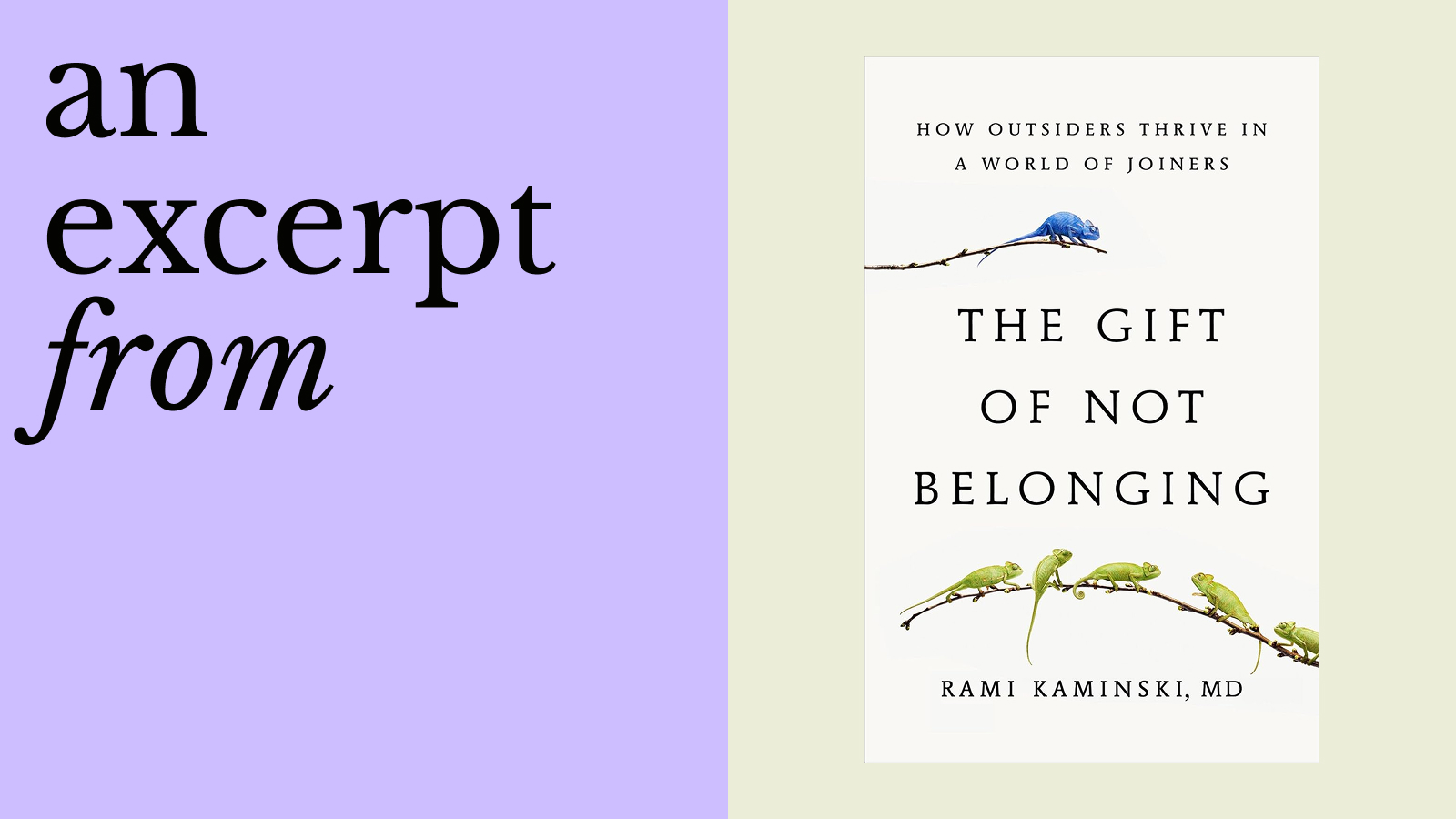Nasty, Brutish and Short: Health Care Without the Individual Mandate

You might think the debate over the individual mandate in the Affordable Care Act is a classic confrontation between state power and individual liberty, big government liberalism versus minimal state libertarianism, Democrats against Republicans.
It isn’t. Or at least it shouldn’t be.
Abstracting from arguments about the merits of the plan, and underlying the constitutional disputes over the reach of the Commerce Clause, we find a social contract tradition into which the health care law fits comfortably. The logic of the 2010 health care law — including the individual mandate — is the logic of political society itself.
Hate the Mandate, Love the Benefits
With the historic six-hour oral argument on the Affordable Care Act now complete, last week’s predictions from experts like Linda Greenhouse and Jack Balkin that the Supreme Court will uphold the law are looking shaky.
A majority of the American public with an opinion on the matter seems dead set against the law. According to a Kaiser Family Foundation poll released on Monday, only 36 percent of Americans approve of the law, while 47 percent oppose it, including 30 percent who “strongly disapprove.”
Americans do seem to be keen on many specific provisions of President Obama’s signature legislative achievement: 69 percent approve of “guaranteed issue” (the requirement that health insurers take all comers) and as many as 80 percent like the tax credits for small businesses. Only the individual mandate — requiring most people to purchase a health insurance plan by 2014 or pay a tax penalty — fares badly in the court of public opinion. A Reason-Rupe poll over the weekend found that a whopping 62 percent think the mandate to pay for these benefits is unconstitutional.
Few seem to grasp that expanding coverage for individuals with pre-existing conditions and preventing insurance companies from charging sick subscribers higher premiums — two of the law’s provisions that attract strong support — will be unworkable without the larger subscriber base the mandate will help create.
The public relations campaign is being dominated by the Act’s critics, who have rung the liberty bell repeatedly in decrying the mandate. Here is the opening sentiment of the brief filed by 22 Republican attorneys general and 4 Republican governors:
The Constitution protects and promotes individual liberty, while the mandate’s threat to liberty is obvious. The power to compel a person to enter into an unwanted commercial relationship is…a revolution in the relationship between the central government and the governed.
And here is Senator Ron Johnson, Republican of Wisconsin, sounding off on Monday outside the Supreme Court building:
[W]e’re grateful when the federal government allows just a shred of freedom. That’s what we’re begging for here. Let us have a little bit of freedom to allow us to decide what to buy.
Why Locke Would Embrace the Mandate
In order to determine whether the freedom not to buy health insurance is truly an essential right, it would pay to ask some basic questions: Why do we have political societies at all? What fundamental purpose do they serve?
In the sweep of the social contract tradition from Hobbes’s Leviathan in 1651 to John Rawls’s A Theory of Justice in 1971, the text most associated with the design of the American system is John Locke’s Second Treatise on Government from 1689. In Locke, we find arguments for the rule of law and limited government as well as a justification for resistance to unjust governments that was shamelessly cribbed by Thomas Jefferson when he wrote the Declaration of Independence.
Locke observes that political societies offer a corrective to the uncertainties and instability of the “state of nature,” where — in the absence of settled law, known judges and a common executive power — individuals find themselves caught in intractable conflicts. Seeking protection for their lives, their health, their liberty and their property, denizens of the state of nature rush to establish institutions to provide those missing supports for peaceful, healthful, secure living.
Locke’s state of nature is not quite the chaotic “war of every man against every man” that Hobbes posits, but his heuristic of pre-political society carries a similar message often explained in the language of game theory: Even reasonable people will find it difficult to live well in the absence of a government, because the individually rational move in a certain situation may not be the collectively rational decision for all. It might make sense to launch an attack on your neighbor whom you suspect is planning to steal your mangoes, even if both of you would be safer and happier staying home.
With its laws, police and courts, the government is uniquely able to nudge individuals toward the state of affairs that is collectively rational — the outcome that is best for all. And this is the principle underlying the Affordable Care Act in reference to “health,” one of the four “civil interests” Locke argues must be entrusted to the government. While it might seem rational to stay out of the health insurance market when you’re young and robust, this decision is both risky for you (you could get hit by a car or be diagnosed with a terrible disease) and costly to society (others will have to foot the bill for your medical care).
Libertarians try to co-opt Locke by painting him as a defender of a minimal state who cares only about robust property rights. But a limited government is not a libertarian one. The legislature has the power to tax the people, if this is the will of the majority (Sect. 140, Second Treatise), to enable the state to do its job. And what, in a nutshell, is the state’s job? Consider the line Locke borrows from Cicero as the epigraph to the Second Treatise: “salus populi suprema lex esto” — let the health/welfare of the people be the supreme law.
Republicans Once Loved the Mandate Too
The red herring of the freedom cry from the right is clear when examining the Republican response to President Clinton’s ill-fated national health insurance plan from the mid-1990s. Many of the same Republicans who now condemn the individual mandate advocated the idea as an alternative to Clinton’s proposals. Republican Senator Chuck Grassley of Iowa supported the mandate as recently as 2009, and the conservative Heritage Foundation strongly defended the proposal in the 1990s.
Stuart Butler, author of a 1989 Heritage lecture advocating the mandate, now disavows his earlier position. In a particularly disingenuous attempt to distinguish his original proposal from the mandate in the Affordable Care Act, Butler claims that the Heritage proposal
was not primarily intended to push people to obtain protection for their own good, but to protect others. Like auto damage liability insurance required in most states, our requirement focused on “catastrophic” costs — so hospitals and taxpayers would not have to foot the bill for the expensive illness or accident of someone who did not buy insurance.
Well, the mandate in the 2010 health care law is meant to serve exactly the same purpose. By expanding insurance coverage to millions more Americans, the mandate promises to lower insurance rates overall and enable health insurance companies to sell reasonably priced policies to older individuals and to people with pre-existing medical conditions. With many fewer uninsured people winding up in the emergency room — where they must be treated at the hospital’s expense under the federal law known as EMTALA— costs will fall and treatment will improve.
Without the mandate, the objectives of the health care law would be out of reach and the free rider problem would worsen. Young, healthy people would stay out of the health insurance market until they got sick — knowing they’ll always be able to buy a policy later. And people with health insurance would pay much higher rates to fund the bloated costs of caring for a smaller subscriber pool that is skewed to an older and sicker population.
Remarkably, the theoretical undercurrents Butler alluded to his original paper are exactly the social contractarian arguments I outlined above.
After noting that many states already “require anybody driving a car to have liability insurance,” Butler lamented in 1989 that “neither the federal government nor any state requires all households to protect themselves from the potentially catastrophic costs of a serious accident or illness. Under the Heritage plan, there would be such a requirement.” Butler then explained the basis for the mandate:
First…health care protection is a responsibility of individuals, not businesses. Thus to the extent that anybody should be required to provide coverage to a family, the household mandate assumes that it is the family that carries the first responsibility. Second, it assumes that there is an implicit contract between households and society, based on the notion that health insurance is not like other forms of insurance protection. If a young man wrecks his Porsche and has not had the foresight to obtain insurance, we may commiserate but society feels no obligation to repair his car. But health care is different. If a man is struck down by a heart attack in the street, Americans will care for him whether or not he has insurance. If we find that he has spent his money on other things rather than insurance, we may be angry but we will not deny him services — even if that means more prudent citizens end up paying the tab. A mandate on individuals recognizes this implicit contract. Society does feel a moral obligation to ensure that its citizens do not suffer from the unavailability of health care. But on the other hand, each household has the obligation, to the extent it is able, to avoid placing demands on society by protecting itself.
Yes, this really was the official view of the Heritage Foundation twenty years ago.
The 1990s Stuart Butler who wrote these lines is much smarter than his 2012 counterpart. By eliminating cost shifting and permitting broader, cheaper coverage for Americans as a whole, the Affordable Care Act is an explicit version of the “implicit contract” the younger Butler championed. It is this sensible exercise of state power for the public good that hangs in the balance as the Supreme Court begins its deliberations tomorrow morning.
Follow me on Twitter: @stevenmazie





